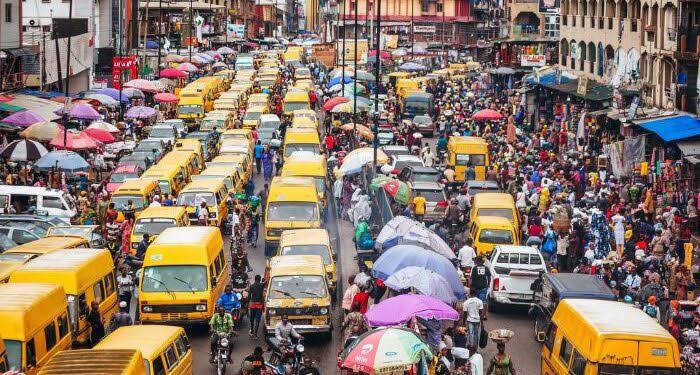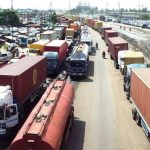The Lagos State Government has announced the launch of an Electronic Call-Up (E-Call-Up) system for tankers and articulated vehicles operating along the Lekki-Epe corridor, effective from Monday, June 16, 2025. This move is part of a broader plan to reduce traffic congestion, enhance logistics coordination, and cut down the estimated N4 trillion in economic losses the city suffers annually due to gridlock.
Special Adviser to the Governor on Transportation, Mr. Sola Giwa, revealed that Lagosians currently lose an average of four hours daily navigating congested roads — a major hindrance to productivity and commercial efficiency in Nigeria’s economic hub.
He attributed a significant portion of this congestion to the unregulated parking and chaotic movement of heavy-duty vehicles, particularly those loading and offloading goods along major logistics routes.
To address this, all tanker and articulated truck drivers entering Lagos will now be required to register and schedule their movements via the E-Call-Up platform. “This digital system will coordinate truck entries, prevent indiscriminate roadside parking, and reduce disruptions to other road users,” Giwa explained.
As part of the process, drivers must upload their *Authority to Load (ATL)* and pre-book assigned parking slots before arrival. The platform will also capture travel and cargo details, enabling real-time management and efficient allocation of parking spaces.
To support this system, the government has approved the development of seven designated truck parks along the Lekki-Epe axis. These parks will be fitted with essential amenities such as restrooms, kitchens, and power supply, ensuring the welfare and safety of drivers.
According to Giwa, this initiative is the result of over two years of stakeholder consultation and is a key part of the state’s ongoing transportation reform strategy aimed at transforming Lagos into a smart, resilient, and liveable city.
For Lagos-based businesses, especially those in logistics, manufacturing, and retail, the E-Call-Up system represents a significant shift in how urban freight is managed. By streamlining traffic flow and reducing delays, the state hopes to improve the overall ease of doing business and unlock greater economic productivity.
As implementation begins, transport operators, exporters, and warehouse managers are advised to align with the new digital system to avoid sanctions and ensure smoother delivery operations in and out of the city.










